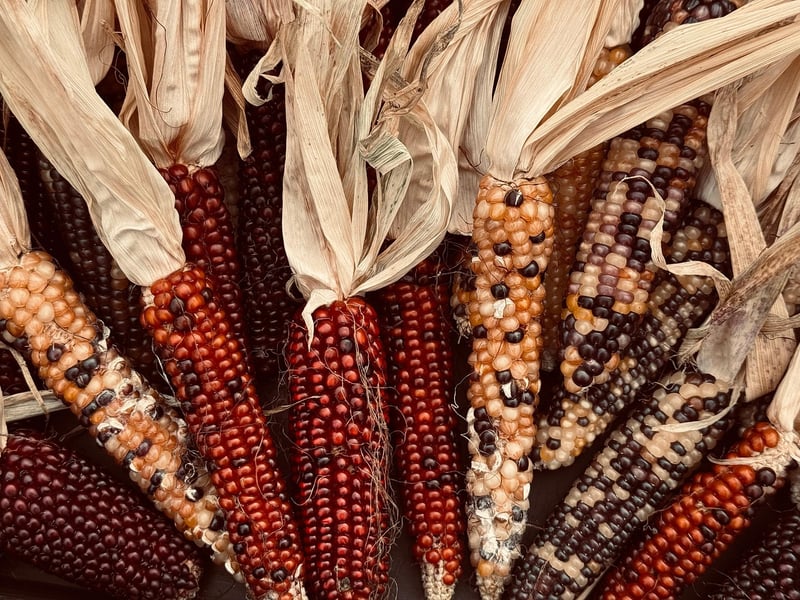Pest Control
Keeping Your Garden Healthy + Pest Control
The Importance of Garden Health
Your garden is a vibrant ecosystem that requires care and attention to thrive. A healthy garden not only looks beautiful but also supports a diverse range of plants, insects, and wildlife. By maintaining your garden's health, you can create a sustainable and flourishing environment for all living organisms.
Tips for Keeping Your Garden Healthy
- Regular watering: Ensure your plants receive an adequate amount of water, especially during hot and dry periods.
- Proper soil nutrition: Use organic fertilizers and compost to enrich the soil and provide essential nutrients to your plants.
- Weed control: Regularly remove weeds to prevent them from competing with your plants for resources.
- Pruning and trimming: Trim overgrown branches and remove dead foliage to promote healthy growth.
- Companion planting: Pair plants that benefit each other to enhance growth and deter pests.
- Implementing mulch: Mulching helps retain moisture, suppress weeds, and improve soil quality.
Dealing with Garden Pests
While maintaining a healthy garden is essential, pest infestations can pose a threat to your plants. Here are some eco-friendly pest control methods to protect your garden:
1. Natural Predators
Attract beneficial insects like ladybugs, lacewings, and praying mantises that feed on garden pests.
2. Neem Oil Spray
Use neem oil, a natural insecticide, to control common garden pests like aphids, mites, and caterpillars.
3. Homemade Remedies
Create DIY solutions like garlic spray, soap spray, or chili powder mixtures to deter pests from damaging your plants.
4. Companion Planting
Strategically plant pest-repelling herbs and flowers alongside your vegetables to ward off unwanted insects.
Conclusion
By following these tips for maintaining garden health and implementing eco-friendly pest control measures, you can ensure a thriving and sustainable garden environment. Remember, a healthy garden is not only visually appealing but also contributes to the overall well-being of your local ecosystem.

Image source: Pixabay
